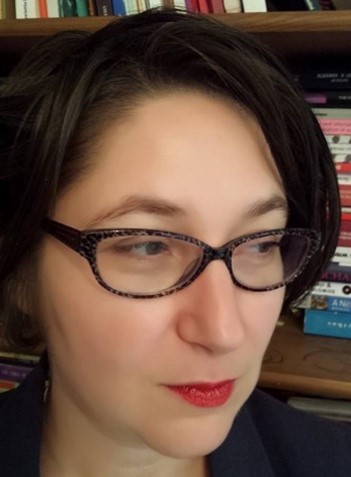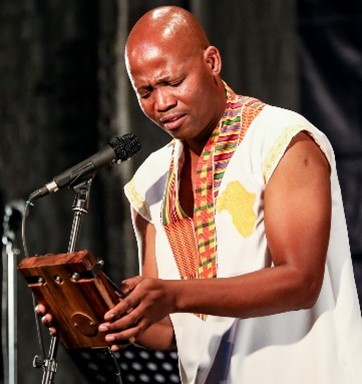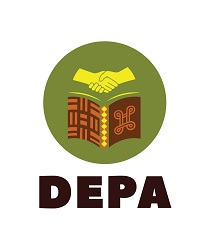Webinar 1: Arts-Based Methods in Decolonial Research
Thursday 2nd February 2023 (12:30 – 14:00 GMT)
Arts can be a significant ally in bringing out local meanings and practices around peace. They can engage a wide set of participants and provide a multi-sensory learning experience that can account for a diversity of historical experiences. Arts and the political agency gained through art-based methods complement more conventional peacebuilding approaches, such as mediation and facilitation by acknowledging that rational modes of engagement alone are insufficient to interrupt the dynamics of conflict and peace. It can also generate creative spaces and solutions that transform those who create and perform the arts.
The participatory and emancipatory nature of arts-based methods holds great potential for challenging colonial and Western knowledges, as part of decolonisation processes and practices. However, current research tends to romanticise the arts as therapeutic and conducive to peacebuilding, so neglecting power relations and politics inherent in any kind of creative and curatorial practices.
This webinar draws on the insights and experiences of several DEPA projects (Ethiopia and South Africa), as well as a partner project in Rwanda, to critically reflect on the role of arts-based methods in decolonial peace education research to ask:
- How can arts elicit African knowledges and values of peace?
- What opportunities or challenges do arts-methods present for decolonising research?
- How can the arts help confront colonialism and the dominance of Western logics in peace education?
Chair: Prof. Umut Erel (The Open University)

Panel:

Volley Nchabeleng – Musician (DEPA South Africa project)

Ketema Degefa – Phd Reseacher (DEPA Ethiopia project)
.jpg) Dr. Sylvestre Nzahabwanayo – University of Rwanda
Dr. Sylvestre Nzahabwanayo – University of Rwanda

